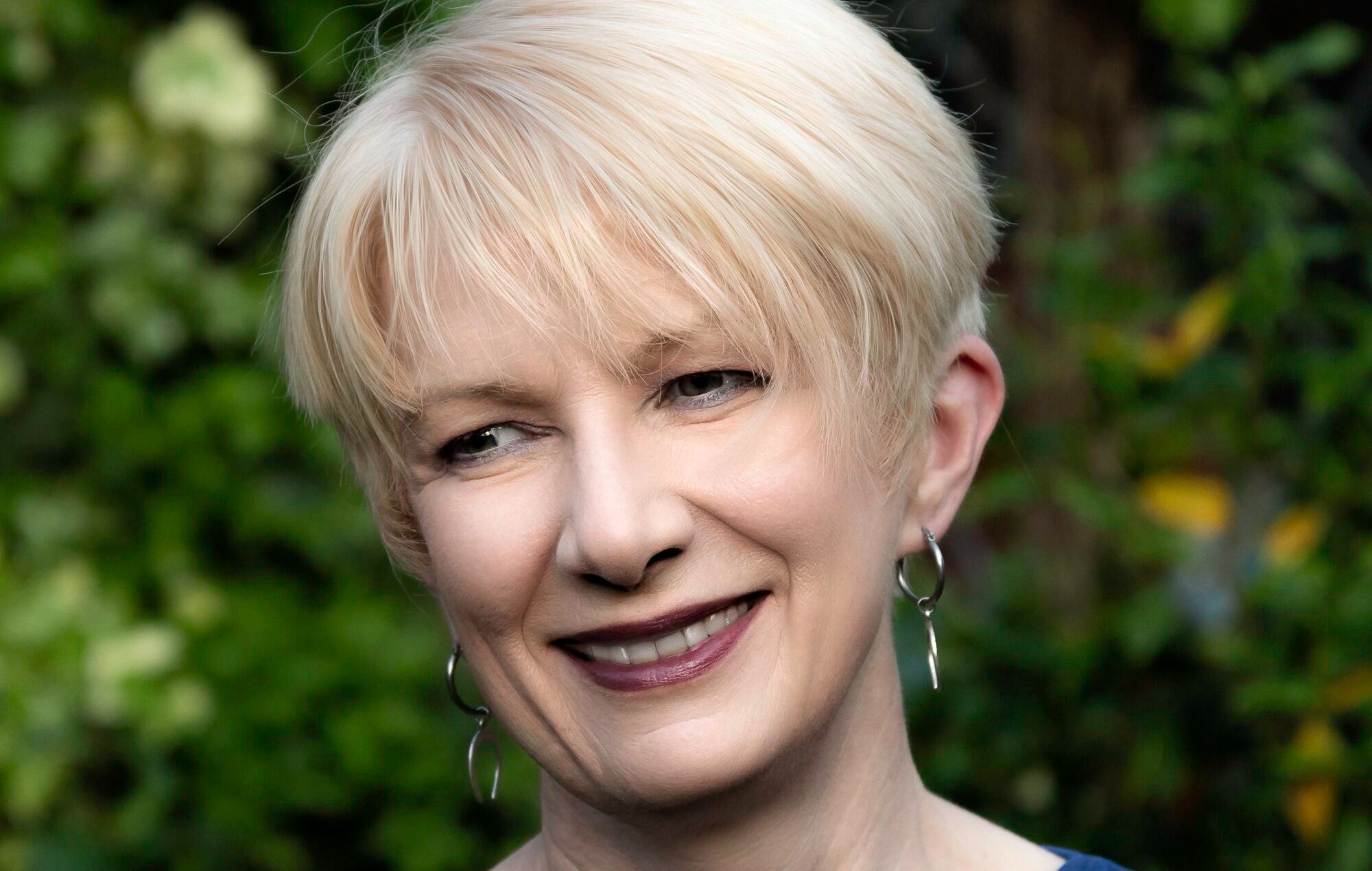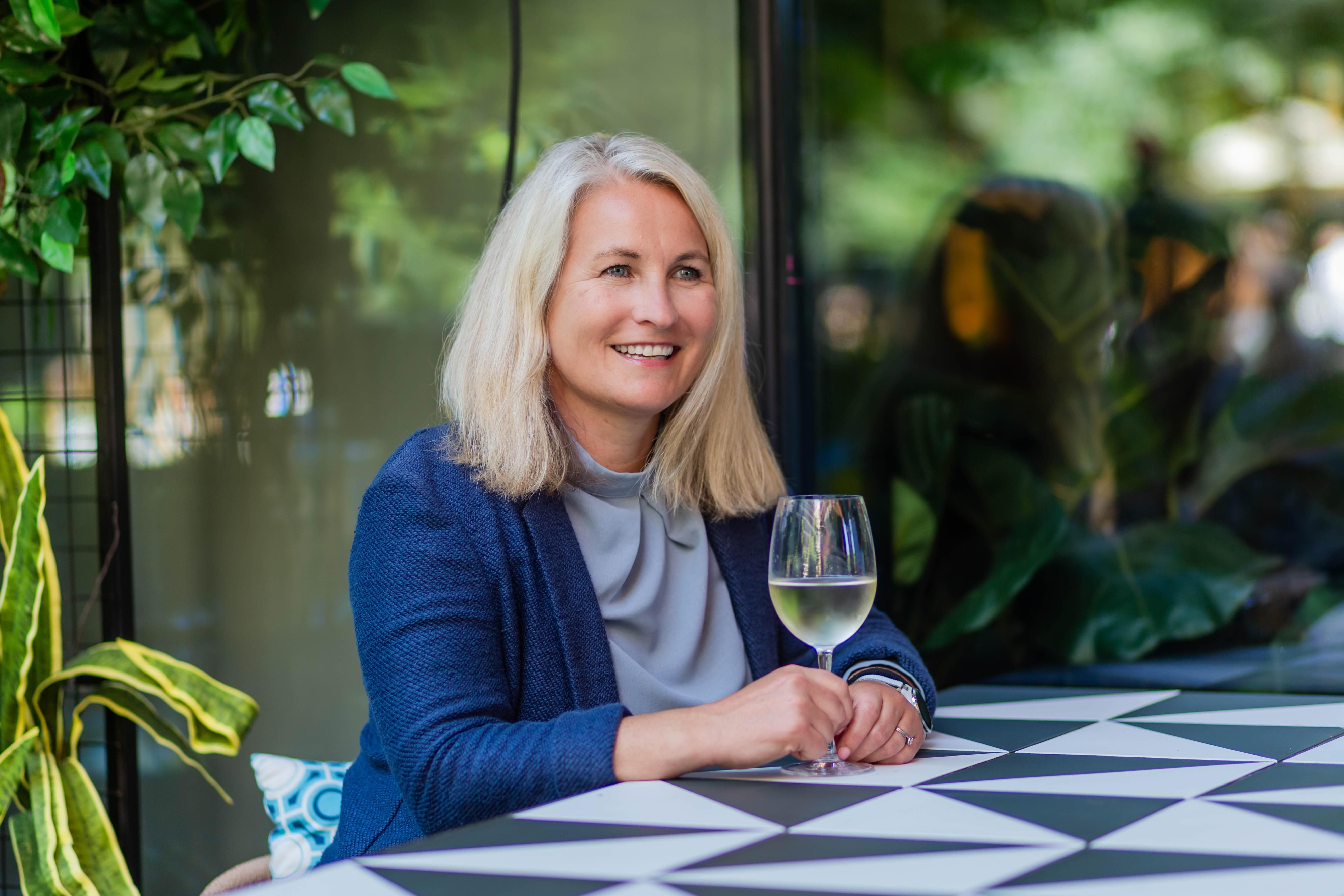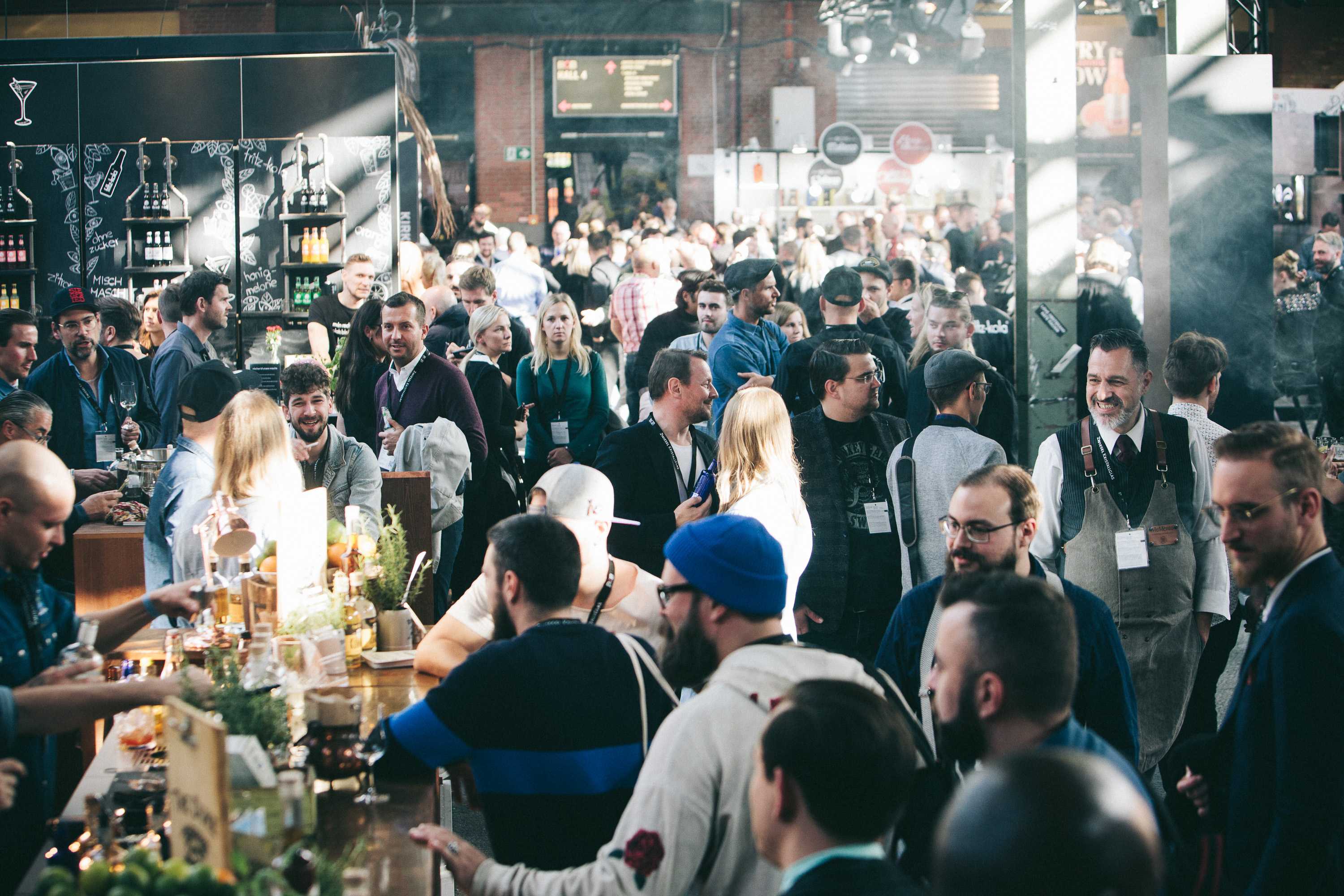The Central & East European Women Winemakers trade and press tasting takes place on March 14 at 67 Pall Mall in London to also mark next month’s International Women’s Day. Click here to register.
Tell us about your tasting you have coming up in March on Central and Eastern Europe?
We have around 20 winemakers and owners coming to the tasting at 67 Pall Mall on March 14 to show their wines, all from Central & Eastern
Europe. They all make great wines and happen to be female. In an ideal world I wouldn’t be singling anyone out for achieving good things while being female but true equality is still a long way off in most of the region – with the notable and world leading exception of Bulgaria.
You have been working on this event for some time – can you explain how you have put together the tasting and chosen the wines and producers?
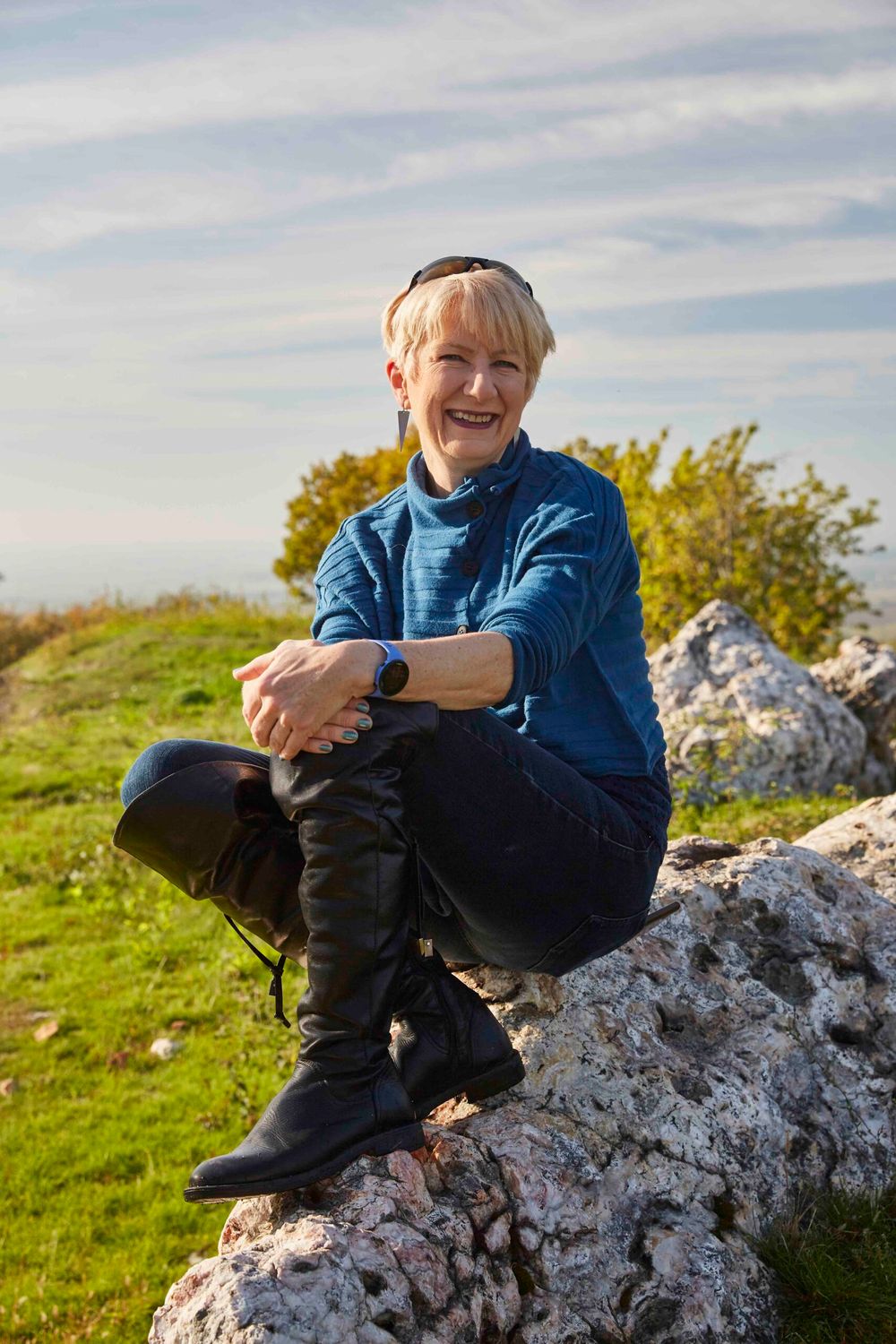
Caroline Gilby MW works tirelessly to promote and support wineries and winemakers from across Central and Eastern Europe
The idea rather came about when I started taking pictures of winemakers in Bulgaria while at a wine fair in Sofia for an article, and realising just how many women winemakers and owners there are. I then started digging further to find out that around 50% of Bulgaria’s winemakers are women, which makes the country, I believe, a world leader.
I also knew that Tokaj was a hotspot for female winemakers, but almost everywhere else across Central and Eastern Europe, women are often still stuck below a glass ceiling and macho attitudes. Along with Zsuzsa Toronyi of Wine Communication, we planned an event to celebrate and support these winemakers and owners before Covid, though sadly it was cancelled, so this is our chance to try again.
We’ve timed it for March because of International Women’s Day (March 8) and invited wineries and winemakers who we know are making wines worth tasting – some are already represented in the UK and others are looking for importers
You are also looking to address the issue of equality of wine and in winemaking with this tasting?
Yes, I’ve been accused of bias in promoting women in wine but until we achieve true equality, I intend to keep making a stand. I’ve personally been on the wrong end of bias in the wine world too.
There are a number of countries represented – can you explain which ones and why did you want to feature those?
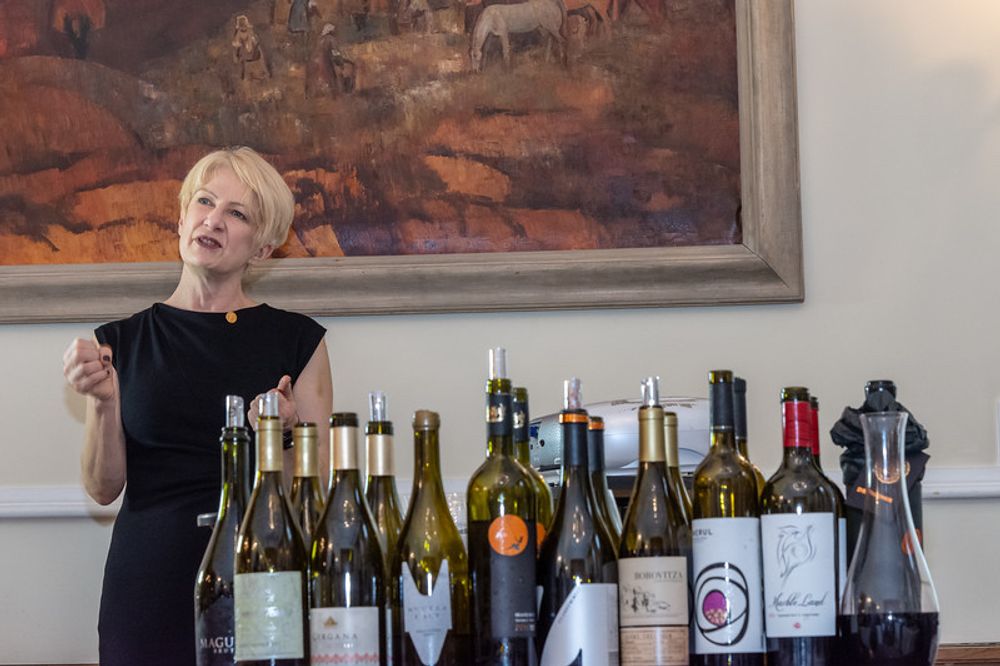
Caroline Gilby MW has personally selected the 20 female winemakers taking part
My specialist patch of Central & Eastern Europe is quite diverse and incredibly dynamic. There is a lot going on, and I wanted to emphasise this angle, so we have wineries from Bulgaria, Romania, Slovenia, Moldova, Serbia and Hungary. We were limited by space to just 20 wineries but we know all of them personally.
You have covered Central and Eastern Europe for some time as a wine writer, judge and commentator – what first attracted you to the area?
I cut my teeth on Eastern Europe as a junior buyer, at a time when it wasn’t so glamorous but was hugely important in the UK. I was lucky enough to see the change of regime and follow the wine industries in the region when I became a writer. I’ve seen them undergo a complete quality revolution in the new private era. It’s been exciting to see so many good wines made by good people emerge, and continue to progress too.
What would you have been the big step changes and improvements to winemaking that have taken place in recent years?
To begin with it was all about winemaking investments and new technology but more recently producers have gone beyond that to make individual
wines that reflect their personal vision and that show a sense of place too.
There’s much more detailed understanding of soils and individual vineyards and more confident but subtle winemaking. There’s increased confidence in local varieties too – not to say that there aren’t good examples of international varieties, but local ones do have an extra connection to place.
What are you finding particularly exciting?
The sheer diversity, along with quality, that can be found in the region
What would be your advice to a buyer/ importers looking to take on Central European/ East European producer in terms of the support they need and the type of producer most likely to succeed in the UK market?
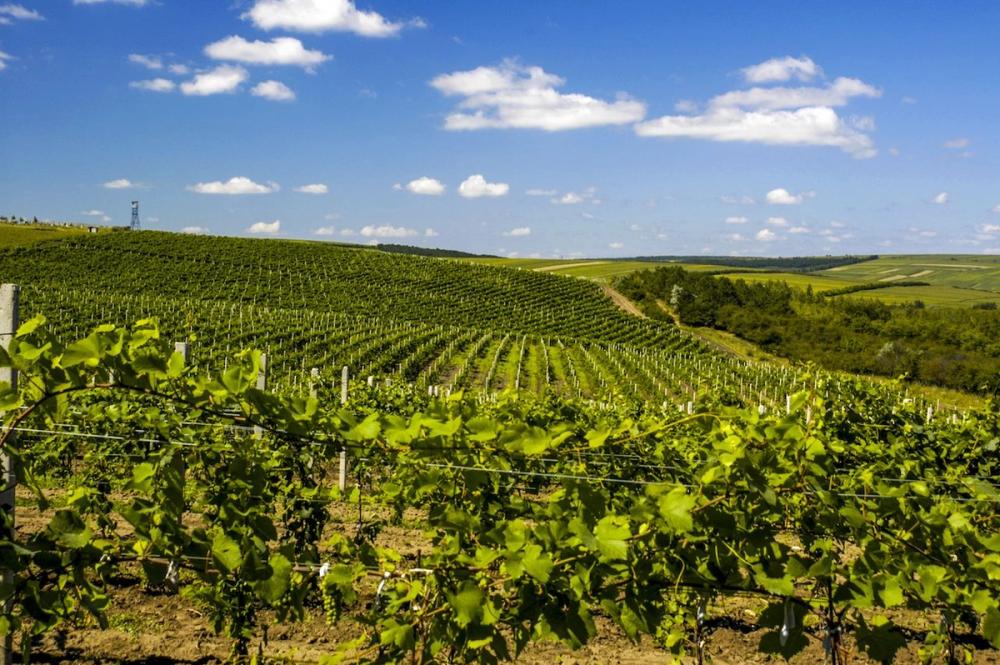
Moldova is just one of the East European countries that have become a key source for wine for the UK wine market
Maybe not to expect cheap prices from Central and Eastern Europe but that these wines can still offer great value for the price because of the quality of the wines. And for anyone looking for the next story these countries have it all to offer – long and authentic wine history, modern winemaking, good quality and great personal stories.
Then I think it’s about finding the right niche and partnership – so there are natural wines, organic and sustainable wines, classic wines from local and international varieties and more.
What are the countries and regions that you think buyers should be looking out for in the coming years?
All the countries we are featuring are worth a look, but have different grapes and wine styles to offer.
And the styles of wine?
There’s so much variety it’s hard to pin down a style. But I would certainly encourage a look at local grapes
Are you hoping to do similar events?
Yes very much so – it would be great to include some other countries in the region in future. There was no space for Croatia, North Macedonia, Bosnia-Herzegovina or Montenegro this time, for instance, though there are winemakers I’d love to showcase.
Wine Communication, with whom I work, is very much a specialist in Central and Eastern European wines so we have ideas for other events to support these wine countries.
- The Central & East European Women Winemakers trade and press tasting takes place on March 14 at 67 Pall Mall in London between 12pm and 4pm to also mark next month’s International Women’s Day. Click here to register.
